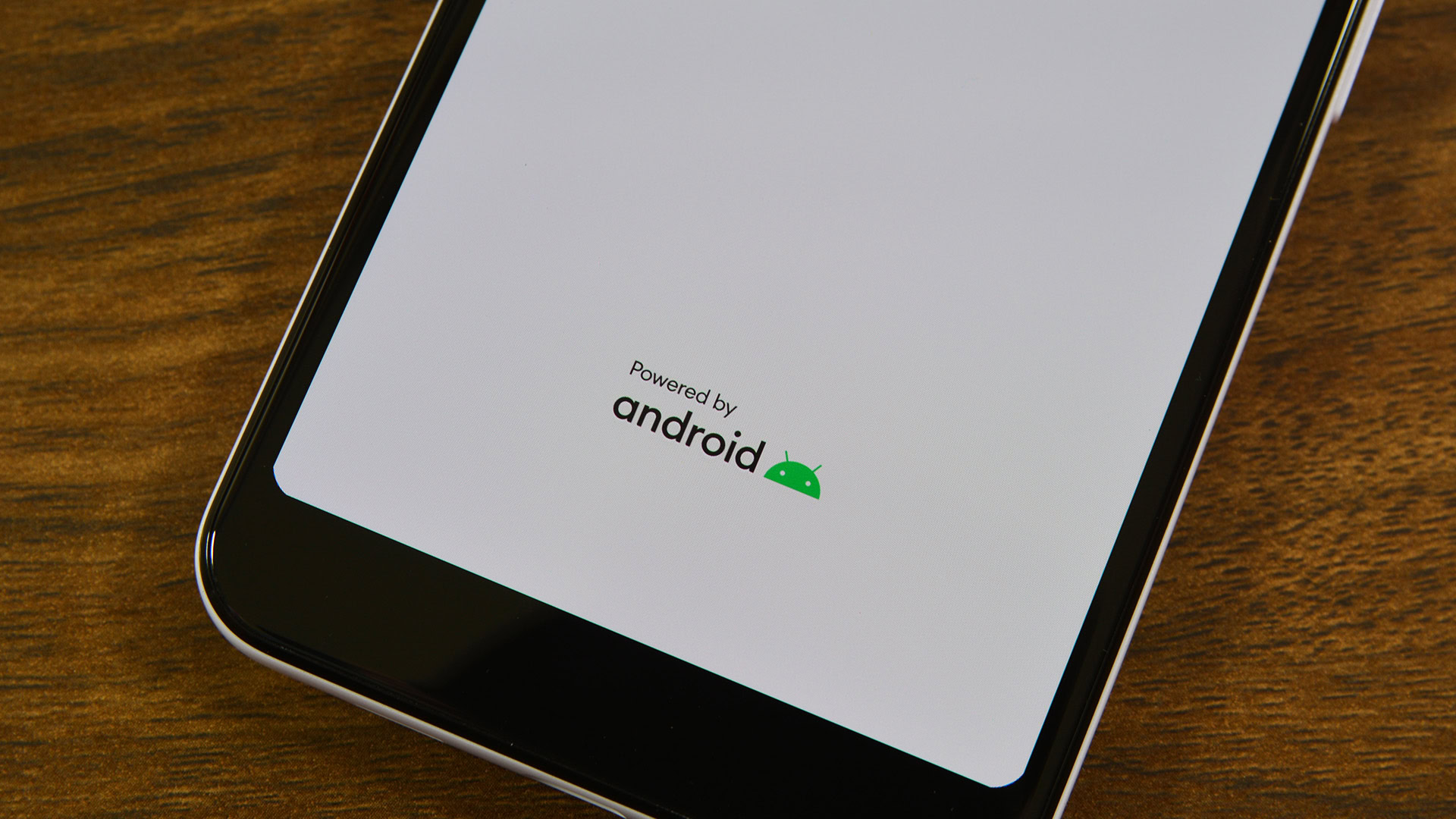We asked, you told us: You’re intrigued by a RISC-V Android phone

RISC-V is a rival computing architecture to Arm, and it’s been gaining steam over the last few years. However, it recently got a major boost when Google announced that Android will support this new architecture.
An Android-powered RISC-V smartphone is still a long way off, but we wanted to know whether you’d buy one. We posted the poll last week, and here’s how you answered it.
Would you buy a RISC-V Android phone?
Results
Almost 1,900 votes were tallied in this poll after we posted the accompanying article last week. The most popular pick? Well, 51.37% of respondents said they’d buy a RISC-V phone if it were on par with current Arm-based smartphones.
This is an understandable stance, as we’d imagine that many people don’t care about their phone’s underlying architecture as long as everything works. But RISC-V is also an open-source architecture, meaning we could potentially have a wider variety of processors and cheaper devices too.
Meanwhile, 45.68% of surveyed readers said they’d buy a RISC-V Android phone for sure. This result suggests that there are some people out there who are willing to buy a RISC-V phone even if it’s missing some features compared to an Arm-based Android phone.
Finally, just 2.95% of respondents said they wouldn’t buy a RISC-V Android phone at all. Chips based on the new architecture are still a step or two behind the latest Arm-based silicon, while Arm chips also enjoy more features at this point.
Comments
- Rick: I welcome our new reduced instruction set overlords. More specifically, I expect RISC-V to challenge the incumbents in all parts of the computing ecosystem, from low-power to highest performance. And I’m patiently waiting for any of several dev boards I’ve ordered to release and ship.
- I’m glad that Google is taking such a bold stance here, but I don’t really trust Google to commit to anything, especially hardware. Having another architecture that’s widely deployed would finally provide some justification for still compiling to bytecode.
For all the latest Technology News Click Here
For the latest news and updates, follow us on Google News.

